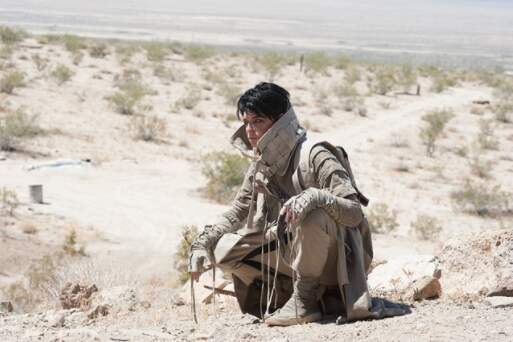The UK is one of the world’s most nature-depleted countries - in the bottom 10% globally and last among the G7 group of nations, new data shows (1).
It has an average of about half its biodiversity left, far below the global average of 75%, a study has found.
A figure of 90% is considered the “safe limit” to prevent the world from tipping into an “ecological meltdown”, according to researchers.
The assessment was released ahead of a key UN biodiversity conference.
Biodiversity is the variety of all living things on Earth and how they fit together in the web of life, bringing oxygen, water, food and countless other benefits.
Prof Andy Purvis, research leader at the Natural History Museum in London, said biodiversity is more than something beautiful to look at.
“It’s also what provides us with so many of our basic needs,” he told BBC News.
“It’s the foundation of our society. We’ve seen recently how disruptive it can be when supply chains break down - nature is at the base of our supply chains.”
The new tool for assessing biodiversity, known as the Biodiversity Intactness Index, estimates the percentage of natural biodiversity that remains across the world and in individual countries.
The UK’s low position in the league table is linked to the industrial revolution, which transformed the landscape, the researchers said.
The UK has seen relatively stable biodiversity levels over recent years, albeit at a “really low level,” team researcher Dr Adriana De Palma explained in a news briefing.
The assessment was released on the eve of the UN Biodiversity Conference, COP 15, hosted by China, a mega-diverse country with nearly 10% of plant species and 14% of animals on Earth.
World leaders are attending week-long virtual talks seen as pivotal in raising ambition for slowing the loss of nature ahead of face-to-face talks in Kunming, China, in April next year and the climate conference in Glasgow at the end of the month.
(1) At the top of the list for Covid and bottom of the list for bio-diversity - BJ’s Britain … ![]()




